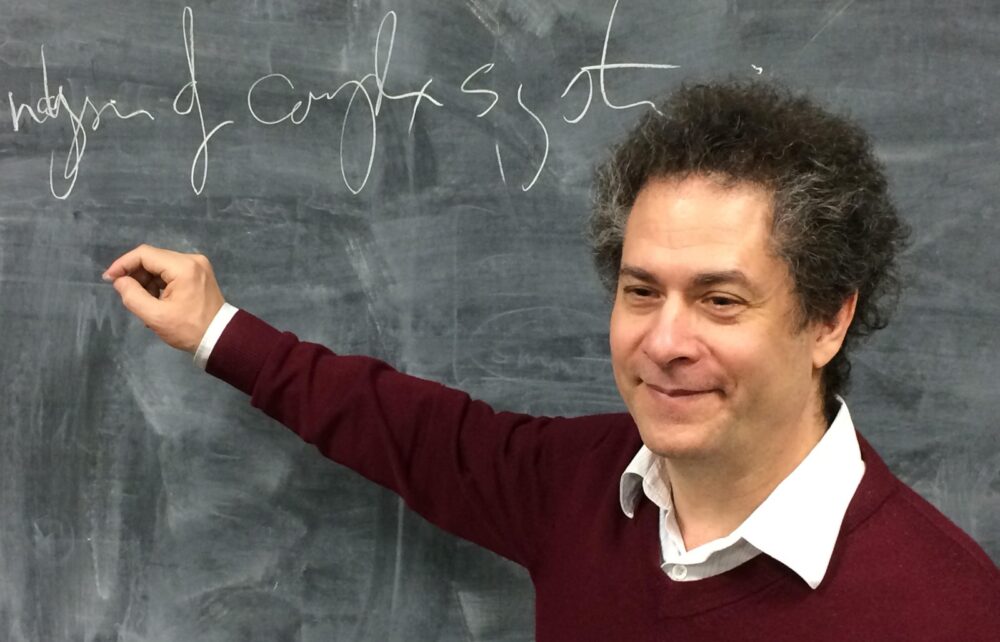Meir Rubin, executive director of Jerusalem-based Kohelet Policy Forum, is one of 30 co-authors of an October 30 article in The Lancet declaring the formation of the World Health Network (WHN) and its Global Summit to End Pandemics, which took place last week.
An international grassroots task force in response to the Covid-19 pandemic, the WHN includes independent scientific advisory and advocacy teams and citizens’ action to achieve progressive elimination of the disease globally.
The initiative is spearheaded by physicist Prof. Yaneer Bar-Yam, head of the New England Complex Systems Institute in Boston.
“Our connected world is vulnerable to pandemics and we must learn how to stop them. With Covid, the main challenge is to make a decision to achieve elimination locally and to use all of the tools that we have learned from in many parts of the world to achieve it,” said Bar-Yam.

The American-born son of Israeli parents, he analyzes the origins and impacts of market crashes, social unrest, ethnic violence, military conflict and pandemics, and the structure and dynamics of social networks.
“Different communities have learned how to suppress the outbreak. We can combine those tools together, technological ones including but not limited to vaccinations, and social actions,” Bar-Yam said.
The Lancet article notes that the Covid-19 pandemic has cost more than 4 million lives, left millions of people with persistent symptoms (long Covid), and has devastated disadvantaged communities in particular.
“The tragedy is that much of this harm was preventable, as shown early on by many Asia-Pacific countries that pursued elimination of COVID-19 and protected both their public health and economies,” the authors wrote.
“The rest of the world can still work towards elimination. … Elimination means bringing cases down to sufficiently low numbers, so that no community transmission occurs for extended periods of time. Outbreaks might occur but will be rapidly detected and controlled. Despite the manifest success of this approach, many governments rejected it outright, and after repeated lockdowns and substantial losses to life and economy, these governments now speak of learning to live with the virus.”
WHN members “aim to achieve elimination by assembling rigorous scientific evidence and guidelines; sharing experience and expertise between countries; coordinating international strategies and actions; empowering citizen actions to improve public health, support vaccine uptake, and shape policy; addressing the role of inequality, inequity, and marginalisation [sic] in health; campaigning for vaccine equity and sharing; and challenging misinformation, nationalism, and exceptionalism.”

















